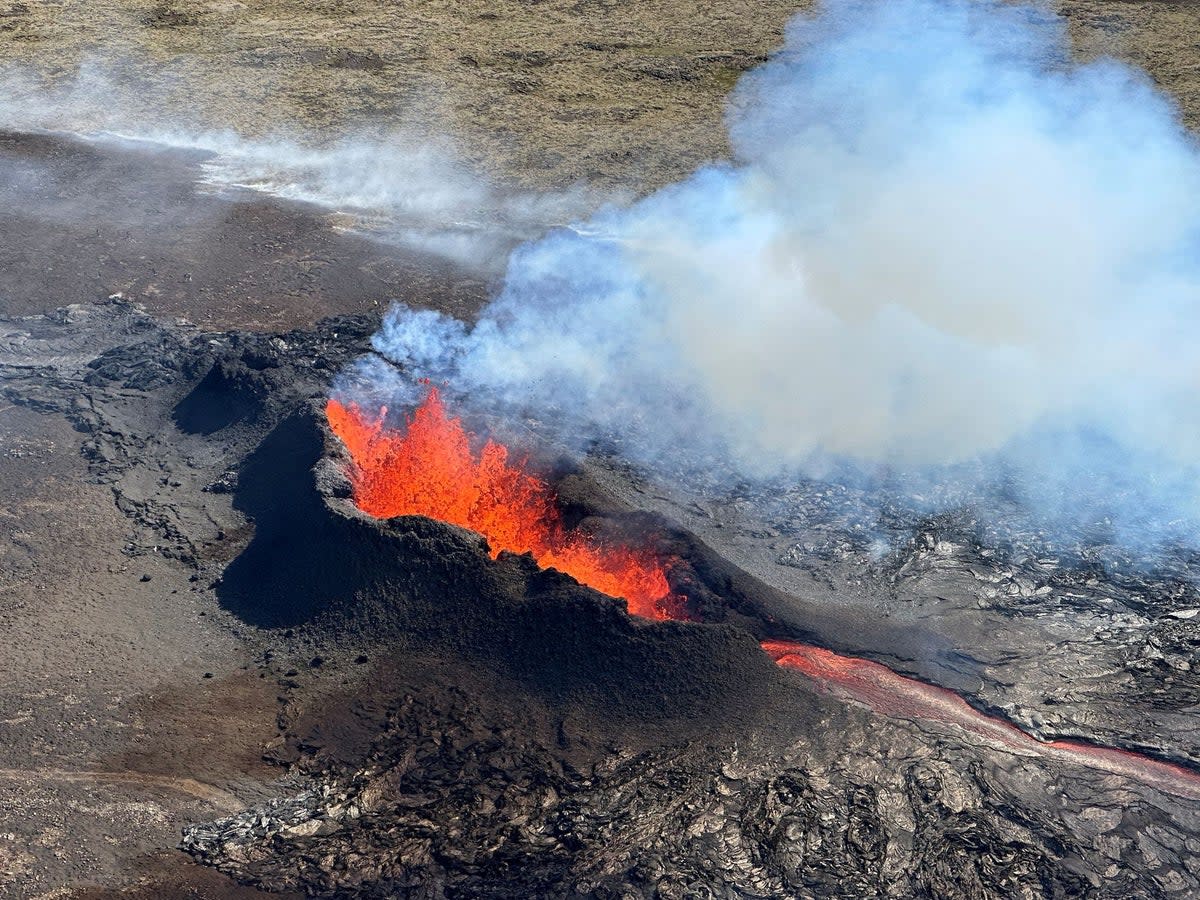Is it safe to travel to Iceland? UK government advice as fears of a volcanic eruption grow

Iceland has declared a state of emergency as hundreds of earthquakes struck over the past 48 hours.
And despite fears of the impending volcanic eruption, which would devastate the area, flights are still operating from the UK. The Foreign Office has said it is keeping a close eye on the unfolding situation.
So far about 3,000 people have been evacuated from their homes amid growing fears about their safety.
The country's Civil Protection Agency ordered a complete evacuation of Grindavík, a fishing town south-west of the capital, Reykjavik. The area is popular with holidaymakers at this time of year, with many visiting to see the Northern Lights and attend Christmas-themed events.
The Met Office said a volcanic eruption could last for weeks as 30,000 earthquakes have been recorded since seismic activity began three weeks ago.
The Icelandic Meteorological Office said there is a considerable risk of an eruption due to the size of the underground magma intrusion and the rate at which it was moving. Scientists said the underground flow of magma is several times greater than previously measured in the Reykjanes peninsula.
So is it safe to travel now? Here is what we know.
When was the last volcanic eruption in Iceland?
The region's Fagradalsfjall volcano system had been dormant for 800 years until lava fountains erupted from a huge fissure in the ground in March 2021.
They measured between 500 metres and 750 metres long, and volcanic activity in the area continued for six months.
Is it safe to travel to Iceland?
The UK Foreign Office is not advising against travel to Iceland but has issued new guidance for tourists, which it recently updated.
Flights are still taking off although airlines have said a volcanic eruption is becoming increasingly possible. Services took off as normal to the country early on the morning of Tuesday November 14 and more are slated to take place throughout the day. But should the Foreign Office change its advice, flights would be halted.
A spokesperson for easyJet said: “Our flying schedule is currently operating as normal, however we are monitoring the situation closely and should this change we will contact customers directly to advise on their flights.”
The Foreign Office said earthquakes and indications of volcanic activity have “increased above normal levels” on the Reykjanes peninsula.
On the official page for advice, it says: "The Icelandic authorities continue to monitor the area closely, particularly the area northwest of Mt Thorbjörn near the Svartsengi power plant and the Blue Lagoon. On 10 November, a Civil Protection Alert was declared after an intense swarm of earthquakes. The town of Grindavík was evacuated as a precaution. Some roads have been closed and visitors are advised to stay away from the area. Keflavik International Airport is operating as normal. While there is no current eruption, it is increasingly possible that one could occur. You should monitor local media for updates and follow the authorities' advice on travel to the area."


